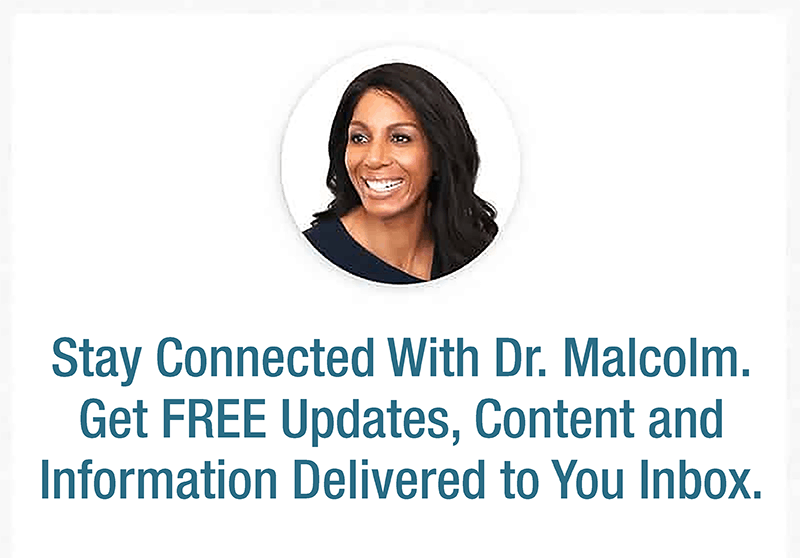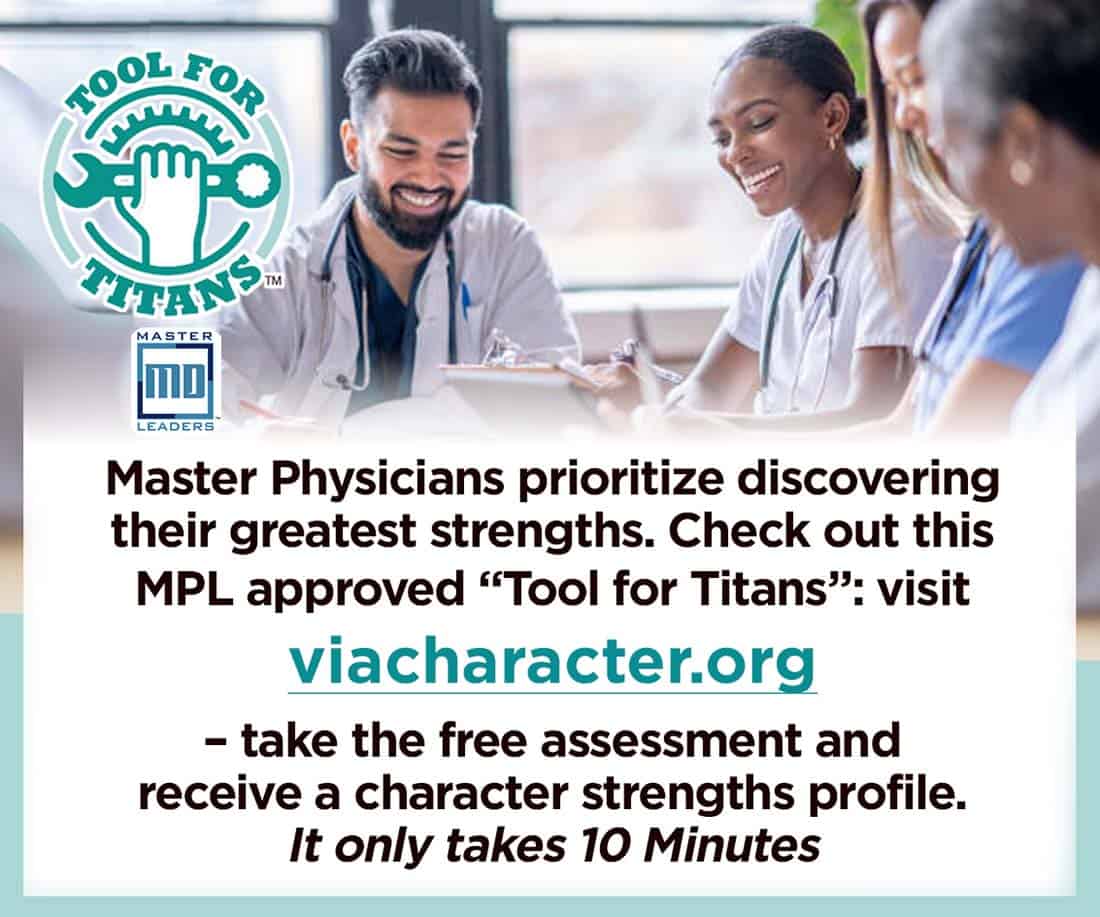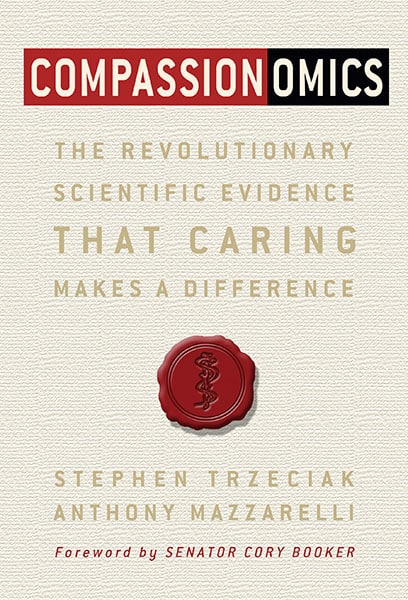The First 90 Days – Sign Up here to begin this free course
The First 90 Days

As humans, we are social beings. We are hardwired to connect with others. We need a personal connection for support, meaning, friendship, and just plain happiness. Powerful relationships are important for our wellbeing, and building meaningful relationships is very important to the success of a physician leader. Relationships are all there is.
Without strong and supportive relationships, physician leaders can be ineffective in getting answers. Projects and tasks become more difficult to complete because there are limited people to whom they can turn for advice and help. The resulting tendency is to try to go it alone, but individualism typically leads to higher stress levels. Connecting with others is invigorating. Our ‘altruistic self’ wants to respond to the needs and concerns of others and networks are a vehicle for creating value for everyone, not just claiming it for ourselves. To thrive as you lead, you must build a broad network filled with respectful and trusting relationships of people at all levels and across all departments of a system.
Cultivating and maintaining relationships is about finding ways
to make other people more successful.
We play a specific role in nurturing and maintaining relationships. If you set out to create a network solely for personal or professional gain, you won’t succeed in building rapport. Consequently, building a wide network that encourages the free exchange of ideas and an endless extension of helping hands, is almost impossible. Instead, we can set out to help others with no strings attached, offering to give more than we receive. This approach establishes a fertile ground whereby connections with others can flourish and grow on a deeper, rather than a superficial, level.
Remember, healthy and long-standing relationships have generosity at the center. We are one part of the equation. We cannot control the thoughts, habits, and actions of others – only they can control their own. However, learning to manage your thoughts and assumptions about others can significantly influence the relationship. If you want to have a better relationship with a colleague, focus on your assumptions and your actions; there is interdependence between the two. When you take personal responsibility for your role in the relationship and choose to put in the effort to improve it, you can master the art of building powerful bonds.
Here’s an exercise to create more meaningful relationships. With this information, you can identify areas of opportunity and develop a plan for further cultivating your network and building bonds.
Step 1 – Analyze the strength of your relationships. Is there a relationship issue that pops up? Do you have a negative or positive opinion of the relationship? How would you categorize the strength of the relationship (e.g., strong, average, weak/strained)?
Step 2 – Jot down your assumptions, starting with the negative assumptions.
Step 3 – Explore an assumption that is not working and consider the question, “If I were to act from those assumptions, what actions would I take with that other person?” Write down each action.
Step 4 – Based on the actions that you would take, what assumptions might the other person have about you? Write down those assumptions.
Step 5 – Based on the assumptions the other person has about you, what actions might that person take? Write down those actions. The actions that the other person takes will likely confirm your original negative assumptions.
After you had a chance to delve into a negative assumption, repeat steps 2-5 of the exercise, choosing a positive assumption to explore this time. As you complete the exercise (with either the negative or the positive assumption as the starting point), take a leap and think from the point of view of the other person in the relationship. It will help you to understand how you are being viewed by the other person. If we create networks with the sole intention of getting something, we won’t succeed. Regardless of who they are or the strength of the relationship, ask yourself, “How can I help the other person?” Think about how you can support others and what you can offer them to nurture the relationship. The act of nurturing and maintaining connections is vital to successful relationship management. And during times of crisis and challenge, it is more important than ever.
It’s hard to focus on much more right now.
Tip #11 – Be other-oriented.
Strategy #11 – Meet informally with a colleague. Take a genuine interest in learning more about them, their work, and how you can support them.
Teresa Dean Malcolm, MD, FACOG, MBA, CPE, CPXP, is zealous in her belief that an exceptional experience in clinical care, the human(e) experience, is achievable through meaningful and authentic relationships with others. She has served in executive positions, integrating people with process and purpose, and successfully aligning the ideas of the team with a compelling vision. Her coaching philosophy, The Malcolm Method, is rooted in trust and supportive accountability. Through thought-provoking conversations, she strives to deepen the awareness of her physician clients and further their actions, thereby helping them to thrive as they lead. Dr. Malcolm (known to her friends and family as Terri) is a loving wife to her husband, Nate. Together they have three charming and athletic boys, Nathaniel, and twins, Roman and Colton.



